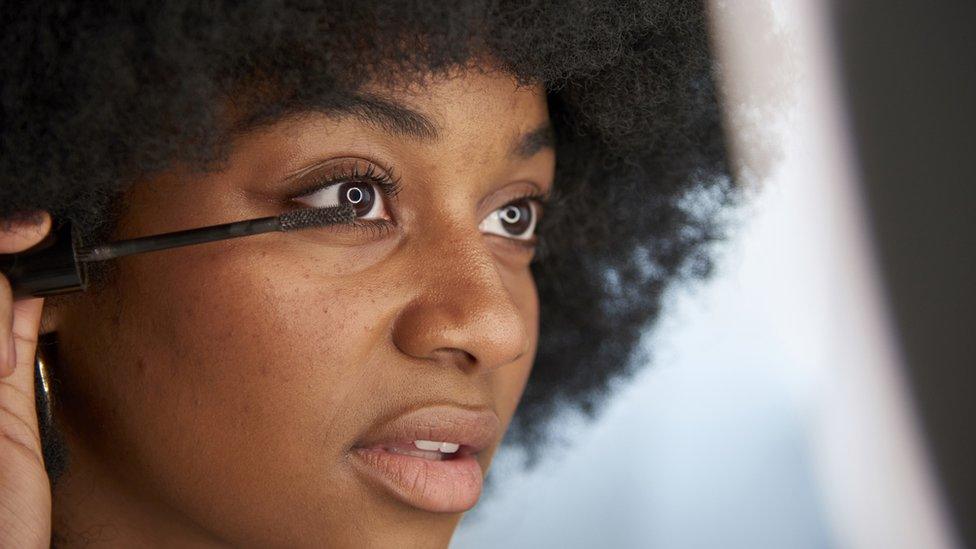ADHD on TikTok: Raising awareness or driving inaccurate self-diagnosis?
- Published
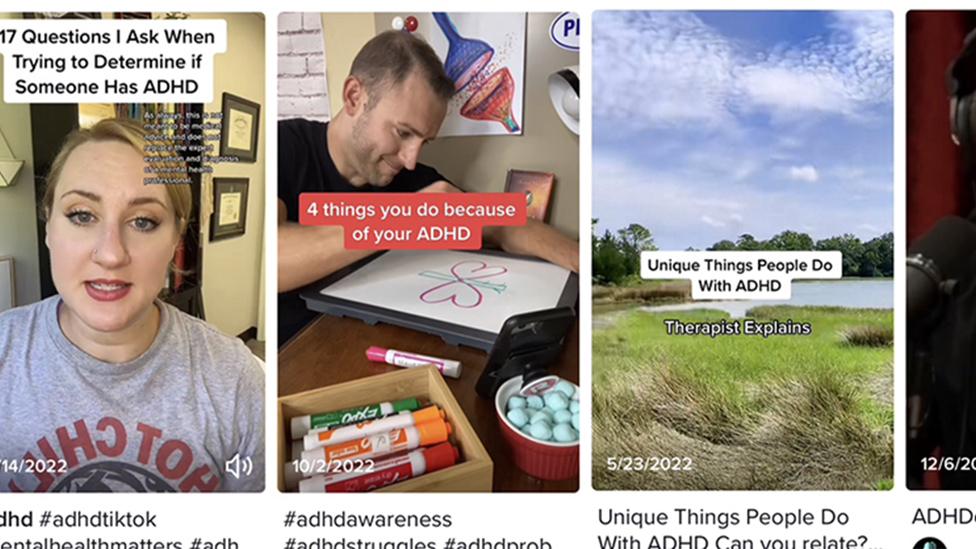
Videos tagged with ADHD have had billions of views on TikTok
ADHD is massive on TikTok.
Creators who've taken the hashtag to more than 20 billion views say they've helped to spread awareness and normalise the condition.
But some worry that the flood of content on our feeds and For You pages is also perpetuating stereotypes and encouraging potentially inaccurate self-diagnosis.
BBC Asian Network spoke to people with ADHD, a TikToker who makes videos about it, and a doctor to find out more.
What is ADHD?
ADHD, or attention-deficit hyperactivity disorder, is a complex condition thought to start in childhood that can affect people in different ways.
According to the NHS, external, ADHD symptoms fall into two categories - inattentiveness, and hyperactivity and impulsiveness.
These can include things like trouble concentrating, constant fidgeting and excessive talking.
To formally diagnose ADHD, a specialist will assess you against a strict checklist of symptoms and the length of time you've had them.
So having one or two traits doesn't necessarily mean you have it.
But many content creators use their platform to share their experiences, and believe they're helping others by doing so.
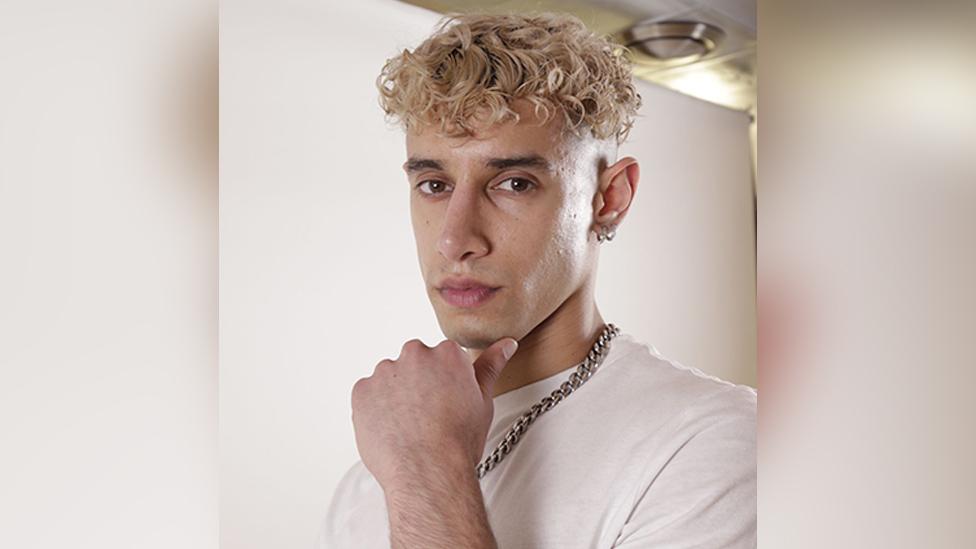
Humz says his content has made others question whether they might have ADHD too
Humz, 24, from Manchester, says he started his TikTok channel because he "wanted to educate people on ADHD because it usually goes undiagnosed, especially in girls".
"There are so many kids suffering," he says. "I had to speak up and I'm glad I did because of lot people in my comments started to question whether they have it."
Humz was diagnosed while he was at university.
"Before that, there were a lot of signs that I had ADHD, like recklessness - a lot of thrill-seeking like driving incidents and partying," he says.
Humz now shares self-care advice which he feels works for him, such as meditation, visualisation, and cold water therapy with his 160,000 followers.
Some of the treatments he talks about don't have much scientific research to back them up, and he says he's faced backlash for his content.
People have accused Humz of spreading misinformation and he says he's "also had a lot of comments saying now everyone is diagnosing themselves".
"However, I don't see anything wrong with someone learning symptoms about ADHD from my TikTok."
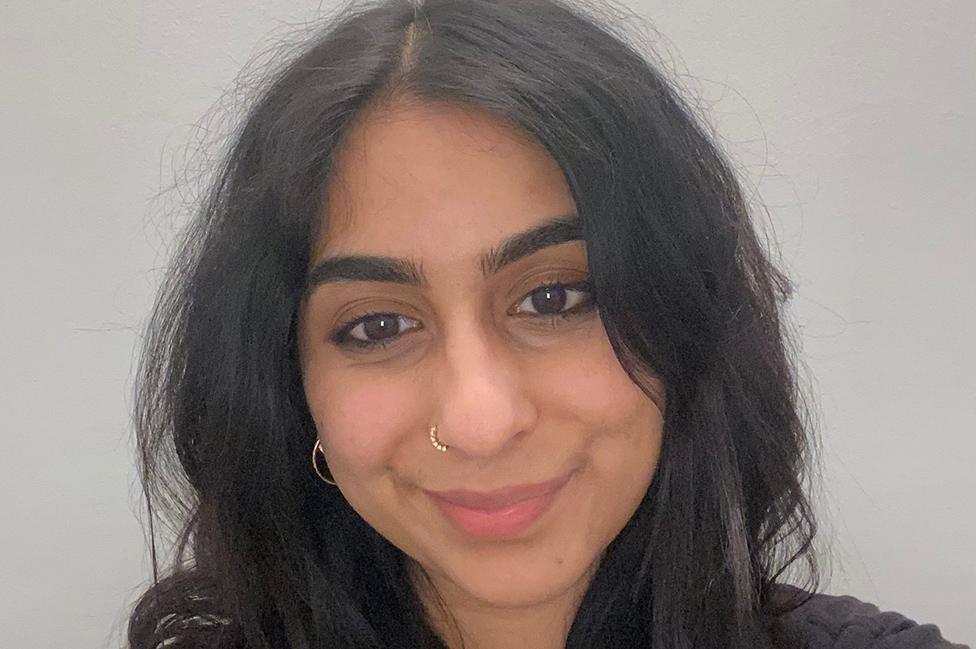
Aish thinks social media can be good for raising awareness but people should be careful
Aish, 22, who was also diagnosed with ADHD at university, believes social media can be harmful.
"When I joined TikTok my feed was flooded with ADHD content and it got overwhelming," she says.
"I deleted TikTok six months ago and I haven't been on it since."
Aish understands social media can also open up the conversation around ADHD, but thinks more needs to be done to prevent misinformation spreading.
"It's really good for raising awareness but I've seen posts where people say if you have ADHD you cry all the time, and I don't think that's personally true," she says.
"Speaking to a professional is the best thing you can do."
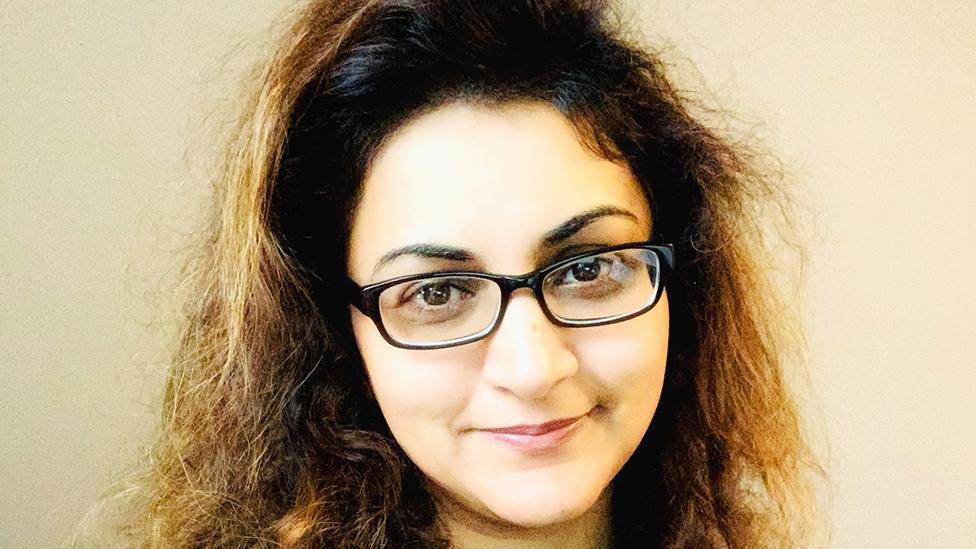
Dr Saadia Arshad says self-diagnosing can be harmful
One professional with over 15 years of experience is Dr Saadia Arshad - a consultant psychiatrist practising in London.
She specialises in treating people with ADHD and other neurodevelopmental disorders.
"Social media is brilliant in spreading the word and it's good to openly talk about ADHD," says Dr Arshad.
"But it is harmful to self-diagnose.
"When someone convinces themselves that they have ADHD without seeking professional help it can be dangerous."
Dr Arshad says people should seek out real-life support where possible from properly qualified medics.
"If you think you have ADHD you should speak to your GP, and it is a good idea to keep a diary of your symptoms and feelings," she says.
"It is exceptionally dangerous to ignore your symptoms and to misdiagnose yourself because you could be missing out on appropriate help."
Tik Tok's Community Guidelines say it wants all users "to feel confident that they can access reliable information, discover original content, and engage with people who are authentic".
It adds: "This is foundational to building a community of trust and accountability both on TikTok and off-platform."
Listen to the full interview on Asian Network News Presents on BBC Sounds.


Follow Newsbeat on Twitter, external and YouTube, external.
Listen to Newsbeat live at 12:45 and 17:45 weekdays - or listen back here.
Related topics
- Published18 April 2023
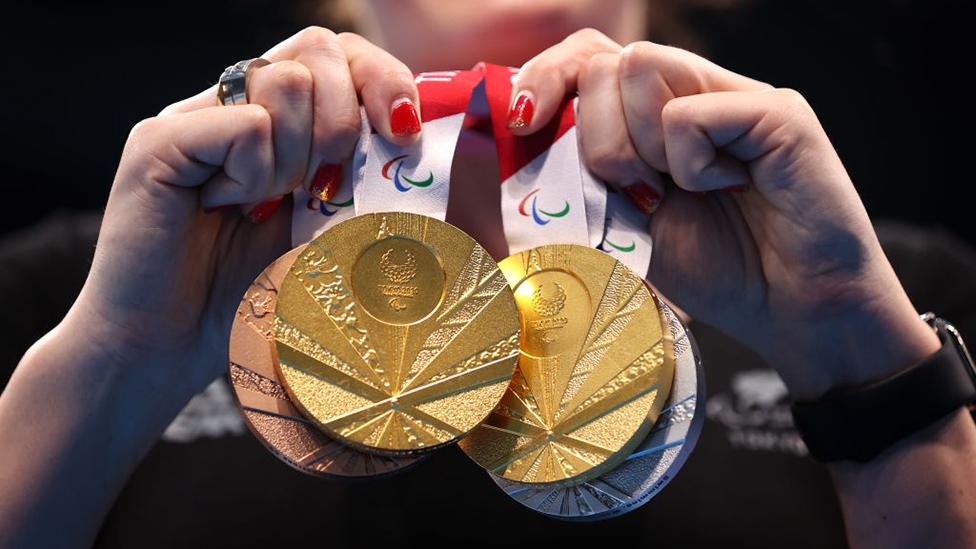
- Published18 May 2023
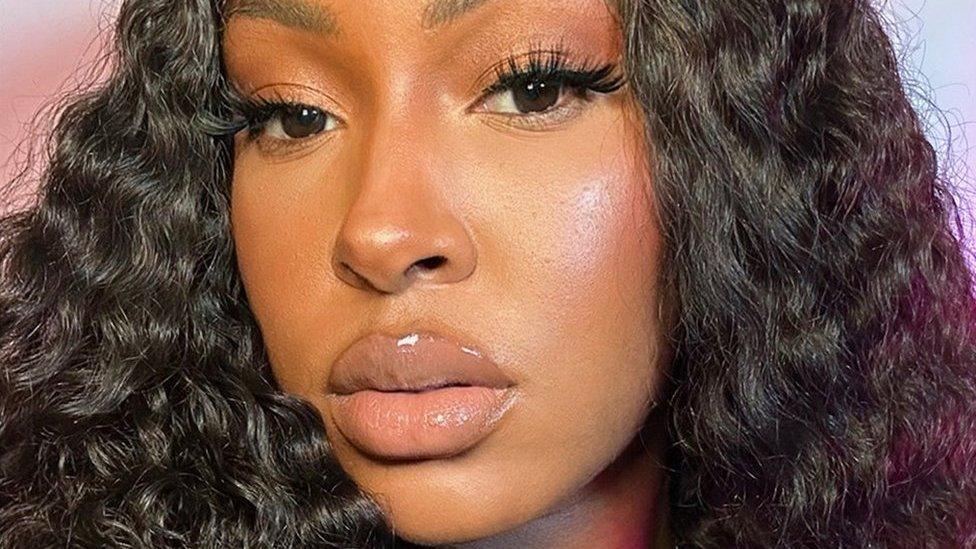
- Published2 February 2023
